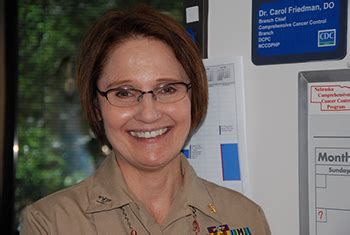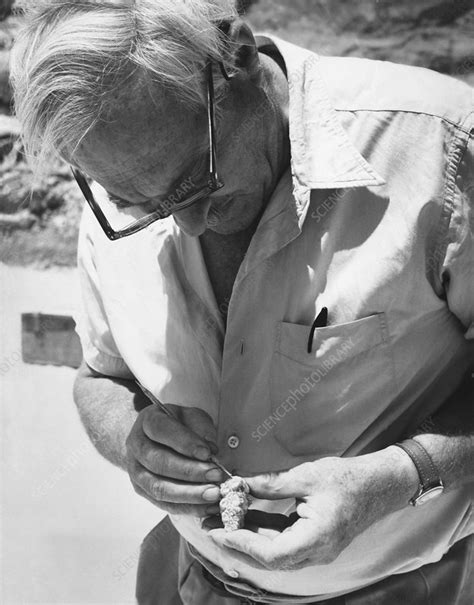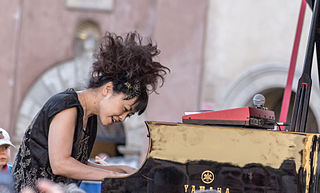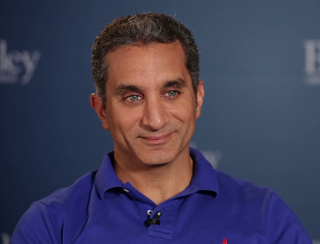A Quote by Carol Friedman
Many of the jazz musicians whom are no longer here. You don't realize that it's history when it is happening and then time passes and you look at a picture and you say "Wow, there is history attached to that."
Related Quotes
I think that one of the ways that Americans will come to want to look at history is by looking at their own families' histories, and how those stories relate to the larger picture of American history. Then it is no longer abstract. Then it becomes a story that really means something to us as individuals.
I visited New York in '63, intending to move there, but I noticed that what I valued about jazz was being discarded. I ran into `out-to-lunch' free jazz, and the notion that groove was old-fashioned. All around the United States, I could see jazz becoming linear, a horn-player's world. It made me realize that we were not jazz musicians; we were territory musicians in love with all forms of African-American music. All of the musicians I loved were territory musicians, deeply into blues and gospel as well as jazz.
Music expresses feeling, that is to say, gives shape and habitation to feeling, not in space but in time. To the extent that music has a history that is more than a history of its formal evolution, our feelings must have a history too. Perhaps certain qualities of feeling that found expression in music can be recorded by being notated on paper, have become so remote that we can no longer inhabit them as feelings, can get a grasp of them only after long training in the history and philosophy of music, the philosophical history of music, the history of music as a history of the feeling soul.
I think when you work on fossils, and you realize that a species is there, and it's abundant for quite a long period of time, and then at some point it's no longer there - and so, when you look at that bigger picture, yes, you realize that either you change and adapt, or, as a species, you go extinct.
When you limit the word 'jazz' to one period of history, for the people who love that period, then maybe it can be dead because nobody plays like that anymore. But jazz is progressive music; it always has to progress, and musicians always have to find new landscapes and new ways to speak out, so of course it's always changing.
I do think that this planet is a totally unjust planet. I mean throughout history - history paints a beautiful picture when it's written by the victorious, but it's a planet that belongs to the strong and the more able, and usually they are tyrants. So basically, I don't see justice happening to the crushed and the weak.
I have always loved jazz music and as a teen growing up in New York City and then later on as an adult have great memories of the jazz clubs that were all located on 52nd Street. I still catch as many jazz shows as I can when I am in New York. And when I perform, I have my jazz quartet by my side. Jazz musicians keep things spontaneous and very "live," which is the way I like to perform.
































